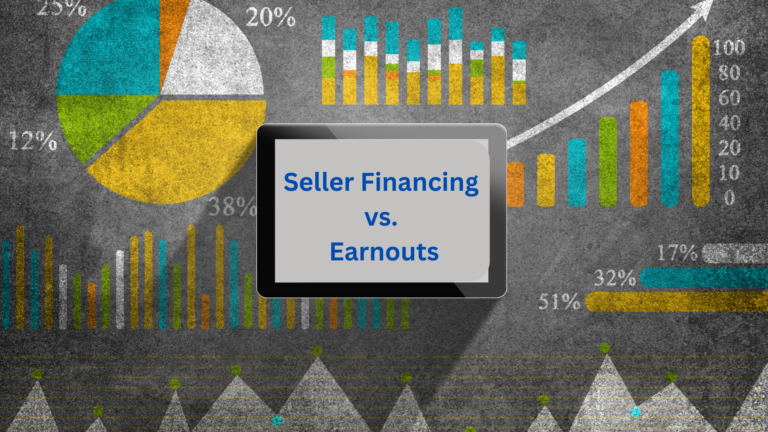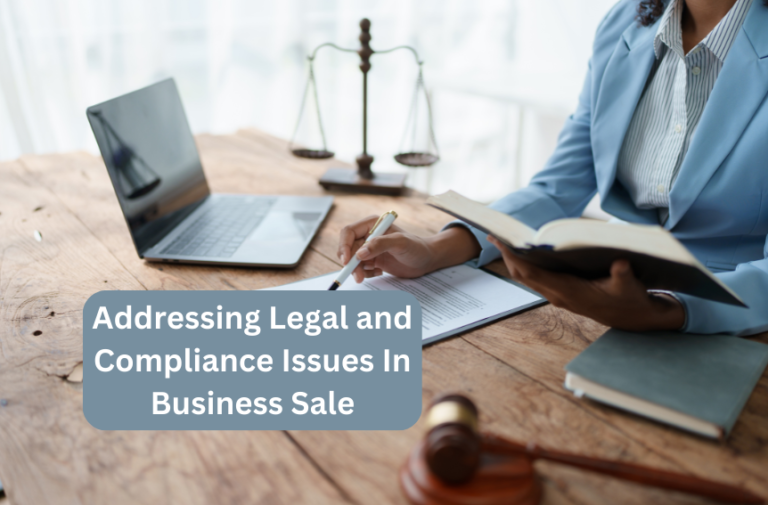Are you a small business owner who is uncertain about whether to sell your business? If you just fold the business and let it wind down, you could be walking away from significant value. Your business has value, both in the tangible assets, such as ongoing trail revenue from your client base, and intangible assets, like your reputation, goodwill, systems and processes and market position. Your business is likely one of the biggest assets you have, and with the right planning, it can be sold or transferred to ensure you get the financial reward you deserve.
This decision is significant and multifaceted, and it can be influenced by various personal and market factors. As your trusted business broker, I recommend you consider these following reasons why you should consider selling your business:
1. Maximizing Value
The market conditions can significantly impact the value of your business. Selling during a peak market phase can ensure you receive the highest possible return on your investment. If your business is thriving and the industry outlook is positive, it might be the perfect time to capitalize on its value.
2. Mitigating Risk
Running a business involves inherent risks, including market volatility, economic downturns, and industry disruptions. By selling, you can mitigate these risks and secure a guaranteed payout, rather than gambling on the continued profitability of your business.
3. Personal and Health Reasons
Personal circumstances such as a lifestyle change, health issues, or burnout can prompt the decision to sell. If managing the business is becoming overwhelming or affecting your well-being, selling might be the best option for both you and your business.
4. Retirement Planning
For many business owners, selling is a step towards retirement. It allows you to convert your hard-earned equity into liquid assets, providing financial security and the freedom to enjoy your retirement years.
5. New Opportunities
Selling your current business can free up capital and time to pursue new ventures or investments. Whether it’s starting a new business, exploring different industries, or simply taking a break, selling can open doors to new opportunities.
6. Market Competition
Increased competition or changing market trends can impact your business’s future prospects. If you foresee challenges in maintaining your market position, selling while your business is still strong can be a strategic move.
7. Professional Growth
Sometimes, business owners outgrow their current ventures and seek new challenges. Selling can provide the financial resources and mental space needed to embark on new professional journeys.
Conclusion
Deciding to sell your business is a significant step that requires careful consideration of various factors. Whether it’s maximizing value, mitigating risks, or pursuing new opportunities, selling can be a strategic move that aligns with your long-term goals. As always, it’s crucial to consult with professionals to ensure a smooth and successful transition. For more questions and answers, check out our FAQ page here.
If you’re contemplating selling your business or want to explore your options, contact us, your trusted business broker in San Jose, California, at [email protected]. We are here to help you navigate this important decision and maximize the value of your business.













